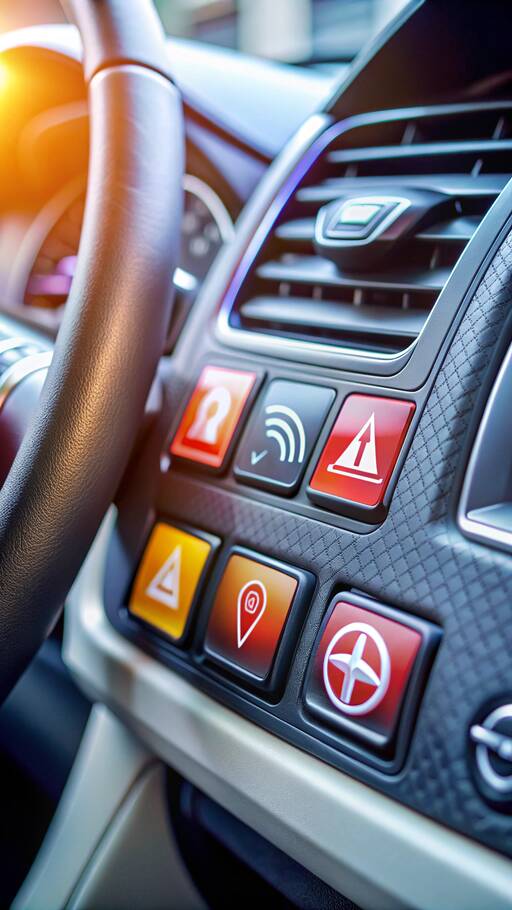
Connected services are the digital features your car accesses via the internet. These include:
- Automated emergency calls after an accident
- Roadside assistance
- Over-the-air (OTA) software updates
- Vehicle health reports
- In-car Wi-Fi
- Smartphone apps for remote control
Often, these services shift to a paid model after a free trial period. Automakers see significant potential earnings from these subscriptions, but they don't always guarantee support for older vehicles.
As U.S. telecoms transitioned to 4G, LTE, and 5G, vehicles that relied on the old 3G networks lost their connected capabilities. This change left older cars unsupported, while those with newer modems remained unaffected. Some manufacturers offered hardware upgrades, but replacements weren't mandatory.
Recently, Acura announced it will terminate AcuraLink services for multiple models from the past 12 years by July 2025. This decision affects vehicles with both 3G and 4G modems, including some models as recent as 2022. The sudden service termination impacts functions such as:
- Roadside and emergency assistance
- Notifications for recalls
- Remote door locking
Affected Acura owners are offered prorated refunds, but no hardware upgrades have been mentioned. Acura stated, "While only a limited number are affected, we apologize for any inconvenience."
Legally, automakers can discontinue services for any reason, a stance consistent across brands like GM, Hyundai, Nissan, and Toyota. These terms are often hidden within agreements and overlooked by customers.
Although telecom advancements can’t be controlled, automakers have the ability to support older models with updates. Tesla, for example, continues to provide updates for its 2012 Model S, demonstrating the possibility for long-term support. Audi also hinted at redesigning its infotainment systems for future-proofing, although mention of this has declined.
Technology invariably becomes obsolete, just like phones that stop receiving updates. However, cars remain with owners far longer than these devices. The question is whether automakers will adapt by embracing backward compatibility or continue the cycle of planned obsolescence.
With advancements in technology, many older vehicles risk losing their connected features as automakers phase out support. While companies like Tesla showcase the feasibility of long-term service, unclear policies and terms give manufacturers the upper hand in deciding the fate of outdated models. Consumers face uncertainty unless they collectively demand continued support.